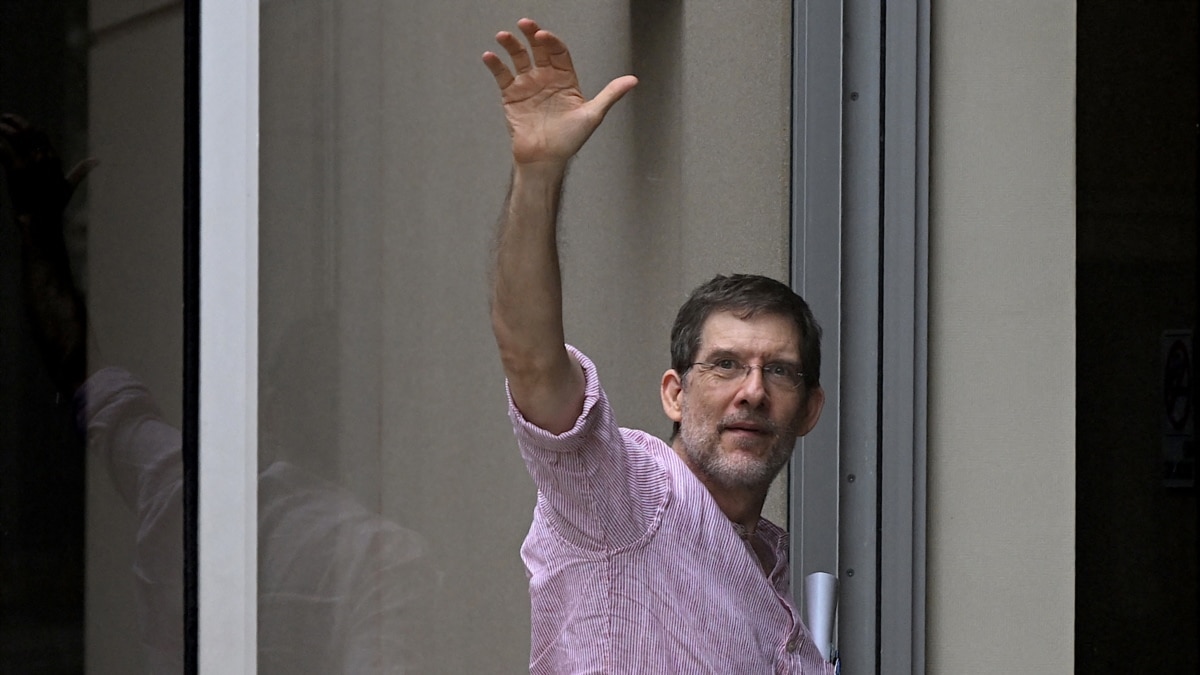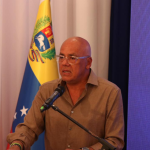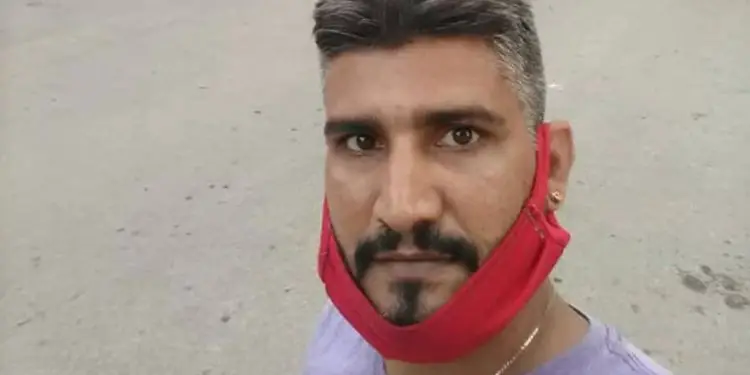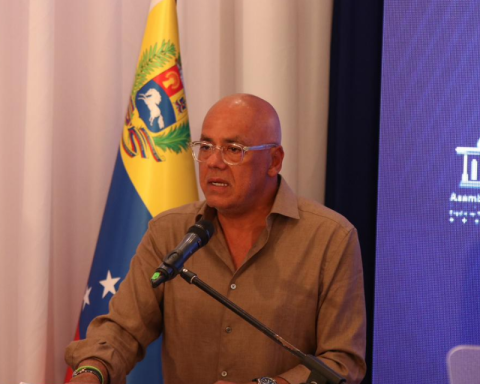When the daughter of Juan Lorenzo Holmann went to see her father in prison, he had lost so much weight that he did not recognize him.
It was June of last year, and Holmann had dropped from 150 to 150 pounds since he was jailed in August 2021.
The executive director of La Prensa, Nicaragua’s oldest newspaper, suffered from a poor diet and lack of exercise, having spent months in overcrowded prison cells.
“When [mi hija] he came in, he didn’t recognize me,” Holmann told the voice of america, from the United States, where he is beginning a new life in exile. “Then he told her mother that she wanted to erase from her mind [el recuerdo] of that visit. She was also very pale from the lack of sun.
In February, Holmann was among the 222 political leaders, priests, activists and other figures of the opposition that Nicaraguan President Daniel Ortega released from prison and flew to the United States, most without having the opportunity to contact their families.
Following their surprise release, they were also stripped of their nationality.
Ortega has called his opponents “traitors,” whom he accuses of being behind the protests that rocked the country in 2018. He claims the riots were a foreign-funded plot to overthrow him.
Spain was among the countries that offered their citizenship to the Nicaraguan exiles, and the United States granted the Nicaraguans a two-year temporary protection.
The VOA He tried to contact the Nicaraguan embassy in Madrid for comment but received no response.
For Holmann, each day spent in the El Chipote prison in Managua is engraved in his mind. “545 days,” she said without hesitation when asked how long she had spent in jail.
Holmann was held in a series of cells with opposition political leaders, journalists and a former Nicaraguan ambassador to the United States.
El Chipote prison is the new wing of a notorious facility that was used by the Somoza dictatorship to hold opponents before the 1979 Sandinista revolution.
Nicaraguan authorities detained Holmann and later convicted him of money laundering, a charge he denied.
During that time, La Prensa, which was founded 97 years ago, announced that it would move its entire staff into exile after enduring repeated raids and legal threats.
Many analysts have considered Holmann’s arrest a political move to silence critical voices in the Central American state.
Holmann said she was denied basic human rights, such as access to a lawyer during the trial. This was by order of the judge in the case, she assured.
In prison, he received no warning that his wife or daughters were about to visit him, he said, and sometimes he did not see them for months.
Holmann is married and has two daughters. His daughters are in the United States, while his wife remains in Nicaragua.
“Sometimes I went 90 days without seeing my family. On other occasions, they only informed me the same day of the visits, ”she recalls.
He received 12 visits from his family during his time in prison, he said.
Eight months in a cell
Conditions in the prison were uncomfortable. He was held in a cell measuring 5 meters by 5 meters for eight months, with barely room to walk.
“The cell had no shower. There was nothing outside. Regarding hygiene, you had to get out of the cell,” she said. “In that five square meter cell, there was room to take four steps in a small circle. They took us out in the sun once or twice a week for an hour or two. there were no rules [para salir]. It was always suddenly.”
Holmann was already suffering from health problems before his imprisonment.
Every time he was taken to the prison health clinic, he was photographed. Holmann isn’t clear why authorities did this, but he suspects they wanted to monitor the progression of his health.
[Con información de AP]
Connect with the Voice of America! Subscribe to our channelYoutube and activate notifications, or follow us on social networks: Facebook, Twitter and instagram.

















